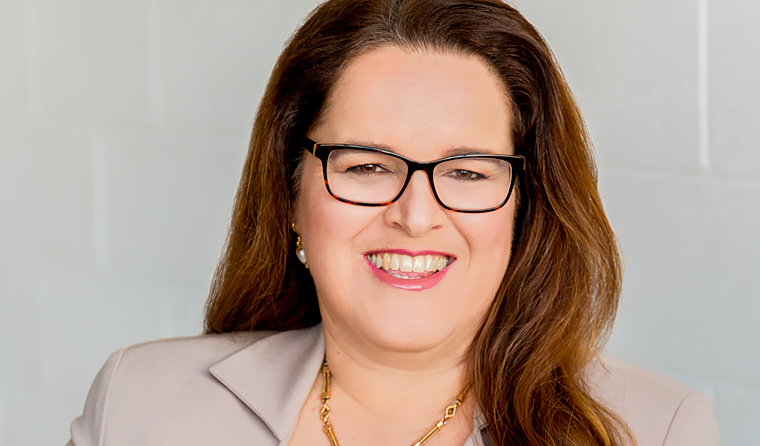News
One in four Australian women can’t afford to see a health professional: Survey
Jean Hailes for Women’s Health surveyed more than 15,000 women across Australia to find out their greatest health concerns, habits and needs.
 Almost half of the women surveyed had been diagnosed with depression or anxiety.
Almost half of the women surveyed had been diagnosed with depression or anxiety.
Many Australian women are depressed and anxious, feeling nervous or on edge every day, but are often unable find the time or money to visit their doctor, a new survey into women’s health has found.
Not-for-profit organisation Jean Hailes for Women’s Health’s surveyed more than 15,000 women across Australia, aged 18 and over.
Almost half of the women surveyed had been diagnosed with depression or anxiety by a doctor or psychologist. And two-thirds of women reported feeling nervous, anxious or on edge nearly every day or on more than seven days in the last four weeks.
The survey also revealed that 23.9% of the women could not afford to see a health professional when they needed one.
Professor Danielle Mazza, head of the Department of General Practice at Monash University, told newsGP she found the fact so many women could not access a doctor very concerning.
‘Almost one in four of these women couldn’t afford to see a health professional when they needed to. That’s a very disturbing finding, particularly relevant in the context of primary care and general practice who are the main providers of health services to women,’ Professor Mazza said.
‘This reinforces the need for comprehensive and accessible primary care services to address these physical and mental needs of women.’
 Professor Danielle Mazza says it is disturbing to see that almost one in four women could not afford to see a health professional when they needed one.
Professor Danielle Mazza says it is disturbing to see that almost one in four women could not afford to see a health professional when they needed one.
Professor Mazza found the relatively high rates of mental health issues described by the women were also of significant concern. But, she said, the survey didn’t address the underlying factors contributing to those mental health issues.
‘I note, in particular, there were no questions around histories of violence or abuse, which we know is the major contributor to women’s mental health issues [and], indeed, other health issues,’ Professor Mazza said.
The fourth annual Women’s Health Survey, which was launched to coincide with Women’s Health Week, also showed more than half of the women described themselves as overweight or obese, but 70.3% of women said they did at least two hours of moderate physical activity per week.
However, the survey also showed that 90% of women hadn’t smoked in the past year.
One in five women reported there were issues or questions that they avoided discussing with their doctor.
More than one in two women aged 18–50 did not have enough time in their day to attend appointments for health checks, with 37.3 of the women in this age group unable to get to appointments when they needed one.
A third of the women reported not getting time to themselves.
Chris Enright, Jean Hailes for Women’s Health, Head of Education and Knowledge Exchange, said the findings help to understand the behaviours of women in relation to their health, and what they need to lead healthy lifestyles.
‘Anecdotally, we hear more and more about the “sandwich generation” of women, who are
trying to juggle busy careers with kids and ageing parents,’ Ms Enright said.
‘Our survey reflects that women worry about their health, particularly their weight, and getting enough time to themselves just to unwind, and 9.5% of women drink alcohol every day.’
According to the survey, the top five health topics that women want to know about are:
- weight management (34.9%)
- healthy eating/nutrition (31.7%)
- mental and emotional health (29.3%)
- anxiety (28.3%)
- menopause (24.9%)
Ms Enright advised women to get to know their own body and what is 'normal' for them.
‘Many women are trying to stay strong and healthy, but almost a third of women who responded to our survey said they wanted to know more about healthy eating and nutrition,’ she said.
Jean Hailes women's health week women's survey
newsGP weekly poll
What is your chief concern with role substitution?